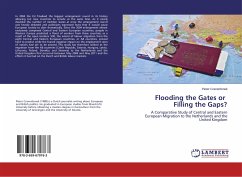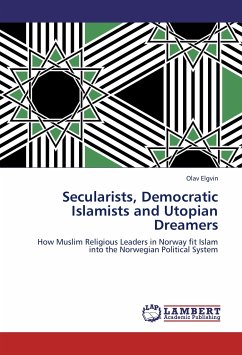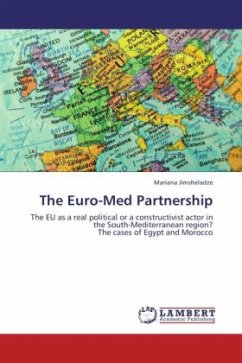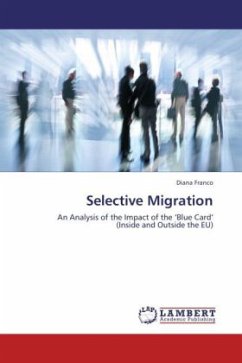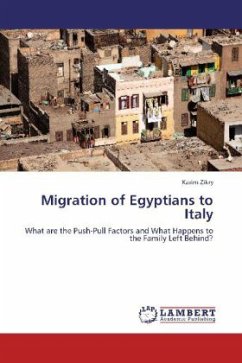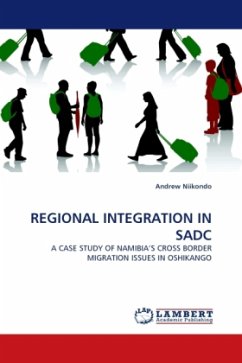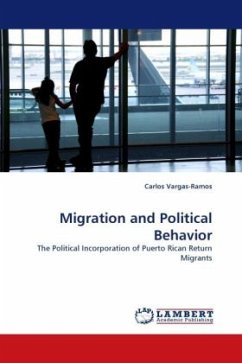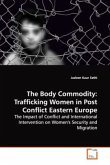In 2004 the EU finalised the biggest enlargement round in its history allowing ten new countries to accede at the same time. As it nearly doubled the number of member states at once the enlargement round was heavily debated and politicians expressed fears that it would cause European society to alter dramatically. Since the 2004 enlargement almost exclusively comprised Central and Eastern European countries, people in Western Europe predicted a flood of workers from these countries as a result of the open borders. Still, the extent of labour migration from the eight Central and Eastern European countries, or A8 countries, proved hard to predict while the feared negative impact on the employment rates of natives had yet to be proved. This study has therefore looked at the migration from the A8 countries (Czech Republic, Estonia, Hungary, Latvia, Lithuania, Poland, Slovakia, and Slovenia) to the Netherlands and the United Kingdom that occurred between May 2004 and May 2011 and the effects it has had on the Dutch and British labour markets.
Bitte wählen Sie Ihr Anliegen aus.
Rechnungen
Retourenschein anfordern
Bestellstatus
Storno

